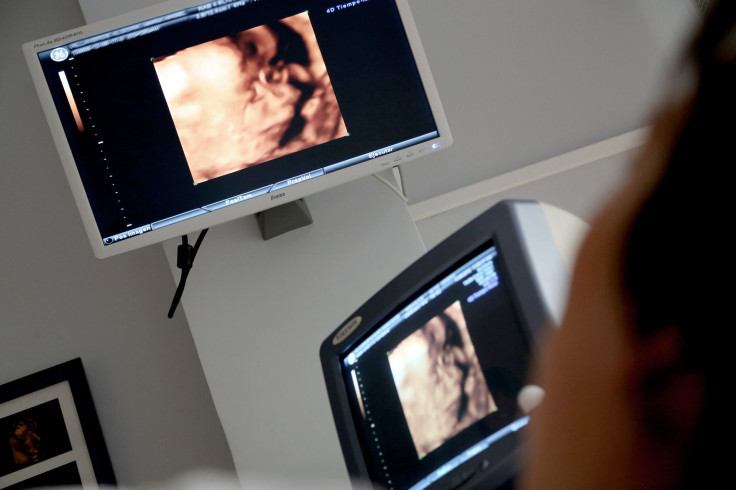Diagnostic Ultrasounds In First Trimester Of Pregnancy May Increase Severity Of Autism Symptoms

Exposure to diagnostic ultrasound in the first trimester of pregnancy for children suffering from autism combined with a type of genetic disorders may be linked to an increase in severity of the condition, a new study has found.
Published Thursday in the journal Autism Research, the study found that children with certain autism-related genetic variations saw an increased autism symptom severity in cases of diagnostic ultrasounds in the first three months of pregnancy.
“Where does this disorder develop from? How do kids get autism? And the second question is why are kids with autism so different from each other?” lead author Sara Webb, University of Washington Medicine researcher in psychiatry and behavioral sciences, said in a press release.
“This study really looks at the second question. Within kids with autism, what are some of the factors that may result in a child having a good outcome or higher IQ or better language or less severity versus a child who maybe takes more of a hit and continues to struggle throughout their lifespan?” explained Webb.
The current U.S. Food and Drug Administration guidelines say that diagnostic ultrasound should only be used in cases of medical necessity. Pierre Mourad, a UW professor of neurological surgery in Seattle and of engineering & mathematics in Bothell, affirmed this by saying: “I believe the implications of our results are to bolster the FDA guidelines."
For the purpose of the study, researchers used data from 2,644 families among 12 research sites across the country. A three-part model explaining variability in the kids suffering from autism was used – first, a genetic vulnerability to the disorder, second, an outside stressor and third, implications of the stressor being introduced at a certain time. The stressor in question was ultrasound.
The results of this study are related to the first trimester of pregnancy, however, effects during the second and third trimester showed no link, according to Mourad.
“If we can figure out this information in any other way, I would go with that,” Webb said. “It’s always worth considering that when we do medical procedures, there are great benefits but also risk.”



























